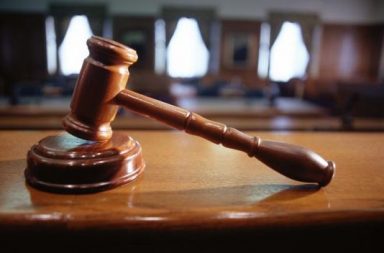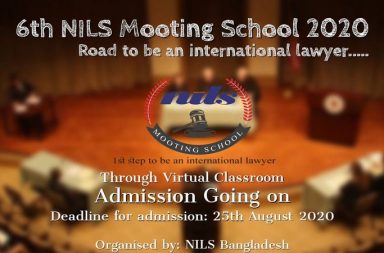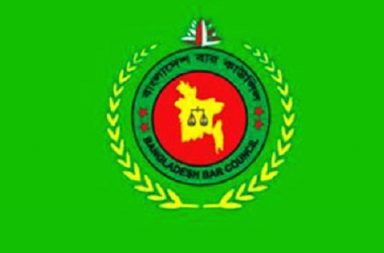By FutureLaw Desk
The Appellate Division of the Supreme Court of Bangladesh unanimously declared the 16th amendment of the constitution as illegal by dismissing the appeal of the government. A seven-member apex court bench led by Chief Justice Surendra Kumar Sinha passed the order today at around 10.35 am.
On June 1, the apex court concluded hearing on the state appeal against High Court verdict that had declared illegal the 16th amendment to the constitution, which had empowered parliament to remove judges for incapacity of misbehavior. Earlier on February 8, 2017, the Appellate Division of the Supreme Court appointed 12 senior jurists as amicus curiae to give their opinions during the hearing on state appeal.
The 12 amici curiae were – Dr Kamal Hossain, Justice (rtd) TH Khan, Barrister Amirul Islam, Barrister AF Hasan Arif, Barrister Ajmalul Hossain, Barrister Rafiqul Haque, Barrister Shafique Ahmed, Advocate Abdul Wadud Bhuiyan, Barrister Rokonuddin Mahmud, Barrister M I Farooqui, Advocate AJ Mohammad Ali and Barrister Fida M Kamal.
Of the twelve, ten amici curiae submitted their views, nine opposed the 16th amendment, while only one supported it.
Background of the case
The parliament passed the 16th amendment of the constitution in September 17, 2014 without any opposition which repealed the provision of the Supreme Judicial Council (SJC), which was the constitutionally empowered body for probing allegations against judges of the Supreme Court and recommending removal.
the SJC comprising the chief justice and two senior judges of the Appellate Division investigates allegations of misconduct against any SC judge, and makes necessary recommendations to the president for the next course of action
The original constitution of 1972 had empowered parliament to remove SC judges. But the fourth amendment to the constitution in January 1975 bestowed the authority on the president by abolishing the parliament’s power.
In February 2010, the Supreme Court upheld the 2005 HC verdict declaring the fifth amendment illegal and void, and said the SJC system would be valid till December 31, 2011. Around six months before the provision on the SJC was to expire, the AL-led government included it in the 15th amendment to the constitution, allowing the SJC to continue.
The Case in High Court Division
The High Court on August 11, 2016, released the full text of 165-page verdict that declared illegal and unconstitutional the 16th amendment to the constitution, which had allowed the parliament to remove Supreme Court judges on grounds of incapacity or misconduct. Please find the full judgment of the HCD below.
During the hearings, the Attorney General argued that the Constitution’s formulators had kept Section 96 since the beginning. Martial law authority illegally usurped power meanwhile. They distorted the Constitution by adding the provision of the Supreme Judicial Council. Through the 16th Amendment we have returned to the root of the Constitution.
However, advocate Manzill Murshid, who had challenged the amendment along with eight others, said the power to impeach judges was given to the parliament as no one had past experience in the matter when the Constitution was formulated immediately after independence. Later, Bangabandhu Sheikh Mujibur Rahman himself brought changes through the Fourth Amendment.
See the full verdict of HCD attached herewith.
[gview file=”http://futrlaw.org/wp-content/uploads/2017/07/783957_WP9989of2014.pdf”]



